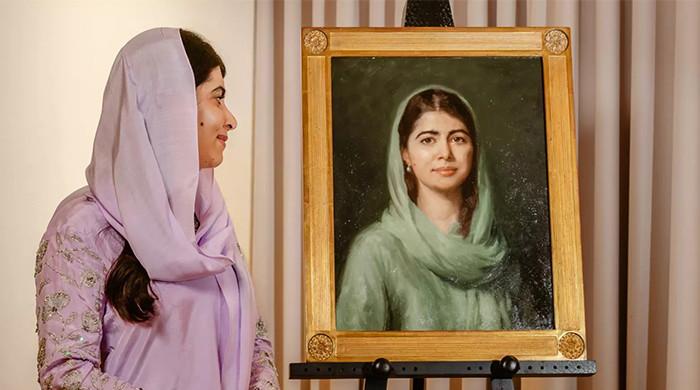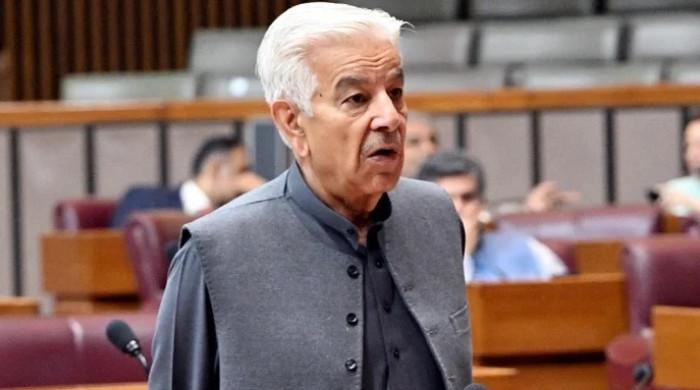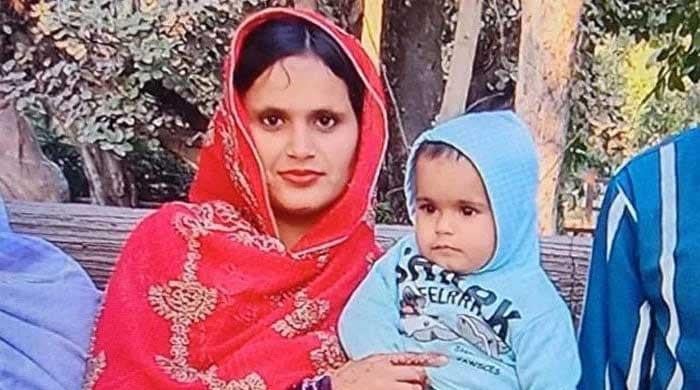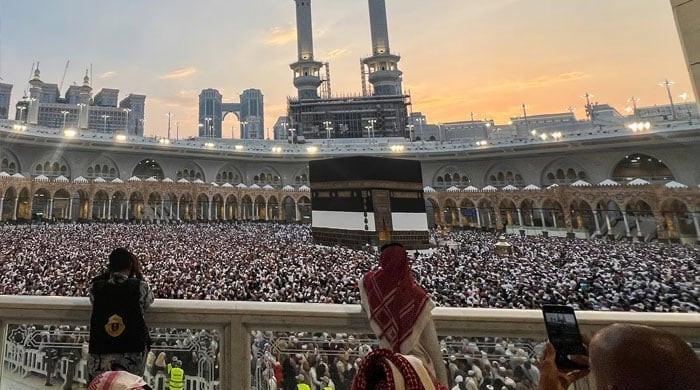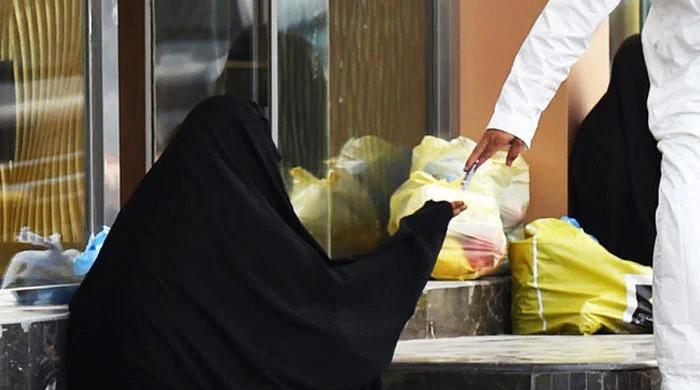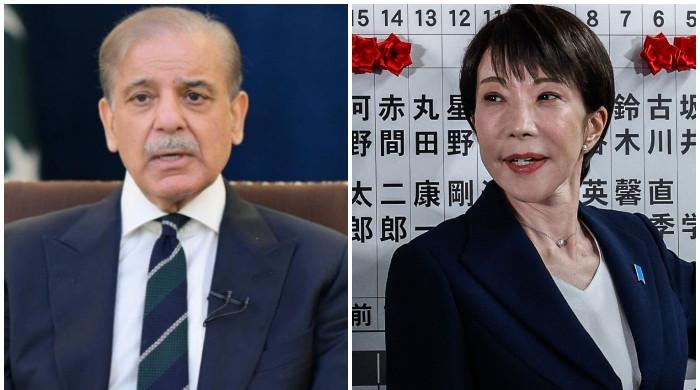Why was Qandeel Baloch’s brother acquitted?
Social media starlet Qandeel Baloch's brother was recently acquitted by LHC's Multan Bench for lack of evidence
February 18, 2022

Social media starlet Qandeel Baloch's brother was recently acquitted by the Lahore High Court's (LHC) Multan Bench for lack of evidence.
Muhammad Wasim has earlier confessed to strangling his sister in a case of honour killing and was sentenced by a trial court for life in prison.
Soon after the news hit the airwaves, the LHC verdict was met with outrage by women rights activists and civil society, who criticised the judicial system for letting Muhammad Wasim walk away.
Read more: LHC acquits accused Waseem Khan in Qandeel Baloch murder case
Why was Wasim freed?
Here are key highlights from the LHC judgment:
- On the night of the murder, Baloch’s father, Muhammad Azeem, had told the police that his son, Wasim, had committed the murder on the pretext of honor, and he was facilitated by others.
Azeem also implicated Haq Nawaz, Abdul Basit, Muhammad Abdul Qavi, Muhammad Zafar Hussain and Muhammad Arif.
The trial court convicted Wasim with life imprisonment but acquitted the other men.
Later, Wasim insisted that he was “falsely implicated in this case,” claiming that the police pressured his father to implicate someone otherwise they too will be involved.
In the statement, Wasim also added that a judicial confession was obtained from him through torture.
Then in August 2019, Baloch’s parents told the trial court that they had forgiven Waseem and they had no objection if he was acquitted.
On receiving the statements of the parents, the trial court did not allow the application “for the time being”. On this, the LHC judgment states that “ it was clear that a compromise was complete between the two sides however its effect was postponed till a particular time.”
The LHC also refers to the confession by Wasim, where he states that he killed his sister due to the videos and pictures circulating about her. Here, the LHC argues that while no doubt Wasim “gave a reason of murder of his sister due to pictures and videos but still it does not mean that murder was on the pretext of honour killing.”
The LHC also notes that Wasim's confession was recorded under questionable circumstances. Such as that he was produced before the magistrate at 02:30 pm, whereas the alleged confession was recorded at 03:00 pm. “In such a serious and high profile case, only 30 minutes for reconciliation for the appellant was unreasonable to dispel or dislodge any impression of fear and undue influence on him,” the verdict states.
It further states that it is unclear if Wasim was presented in handcuffs during the confession, which would be against the rules set by the apex court for recording a confession.
The court rules that given the above circumstances, the value of the confession cannot be considered more than a piece of paper.
“Once the evidence of confession is discarded, there is no other material at all with the prosecution to establish that it was a case of honour killing,” it adds.




